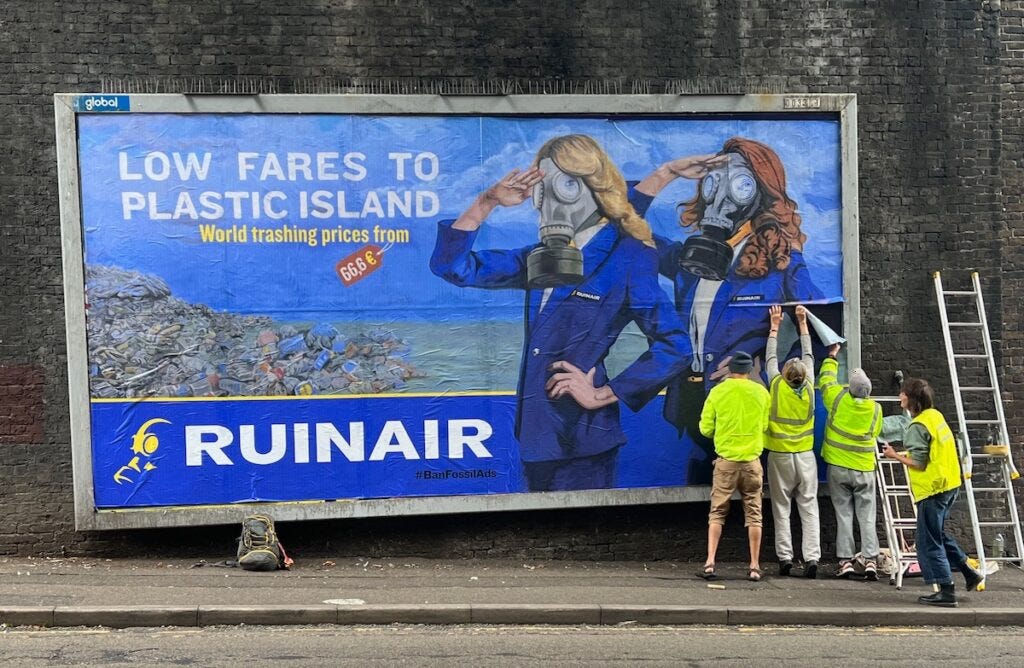The sky's the limit
Carbon markets are only having a negligible impact on the international airline industry.
That’s a problem given the expected growth in global air travel, and the damage that emissions have from so high up in the atmosphere.
The global airline industry is expected to emit around 810 Mt CO2 in 2022, according to the International Air Transport Association (IATA), accounting for approximately 2.5% of global energy-related CO2 emissions.1
Aviation emissions fell during 2020 due to restrictions associated with the pandemic, but have since rebounded, and in 2022 are expected recover to around 100 Mt CO2 below 2019 levels. The IATA forecast passenger numbers will surpass 2019 numbers by 2024 with 4 billion trips expected to take place.2
However, the impact of airline industry on the global carbon budget is likely to grow. If projections made before 2020 hold true then passenger numbers could double by 2037 to 8.2 billion in 2037. Aviation could consume one-sixth of the global carbon budget for limiting global temperature rise to 1.5C by 2050, should the sectors pre-COVID growth resume.3
Domestic aviation emissions are covered by the Paris Agreement under individual countries Nationally Determined Contributions (NDCs). International flights, which account for around two-thirds of the aviation industry’s CO2 emissions, are covered by the UN’s International Civil Aviation Organisation (ICAO).
What is CORSIA?
In 2016, more than 190 governments agreed to introduce the first global market-based mechanism designed to curtail the growth of emissions in a particular industry. CORSIA as it’s known is short for Carbon Offsetting and Reduction Scheme for International Aviation. The UN agency, ICAO is responsible for its implementation.
CORSIA aims to ensure that any rise in international aviation emissions above 2019/20 levels are offset elsewhere. Another way of stating this is ensuring that any growth in international flights after 2020 is carbon neutral.
CORSIA has applied to international aviation since 1st January 2019 when all airlines were required to report their CO2 emissions on an annual basis. This applied to all ICAO countries, even if they did not participate in the voluntary stages of CORSIA.
The voluntary pilot phase begins began on 1st January 2021 when international flights became subject to offsetting obligations. From the start of 2024 the voluntary first compliance phase begins. It’s only from 2027 that compliance with CORSIA becomes mandatory. The scheme is currently scheduled to come to an end in 2035.
IATA estimates that without CORSIA, net CO2 emissions from international flights would rise to almost 900 Mt CO2 by 2035, approximately 70% above 2022 levels. CORSIA does not apply to the owners of private jets. Meanwhile, some countries with very little air travel are exempt from meeting its obligations.


